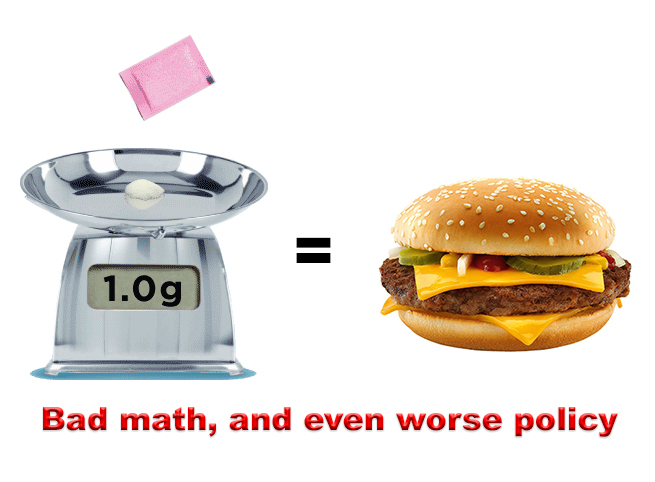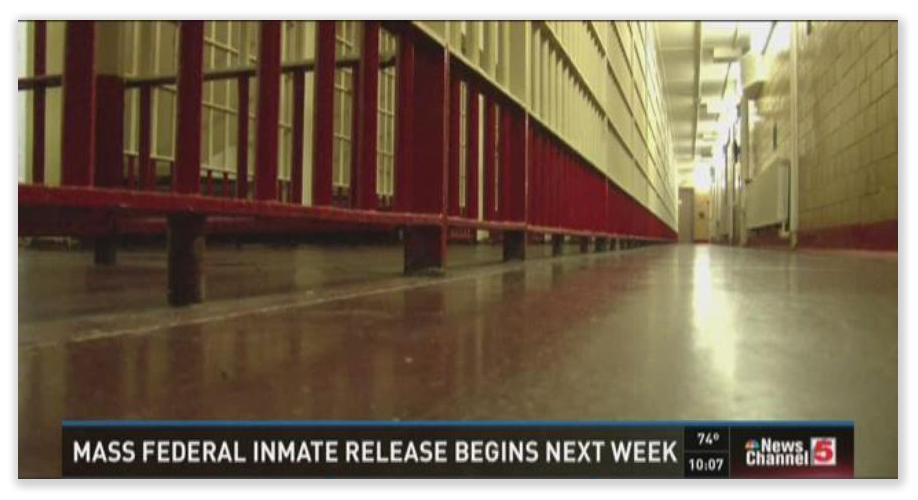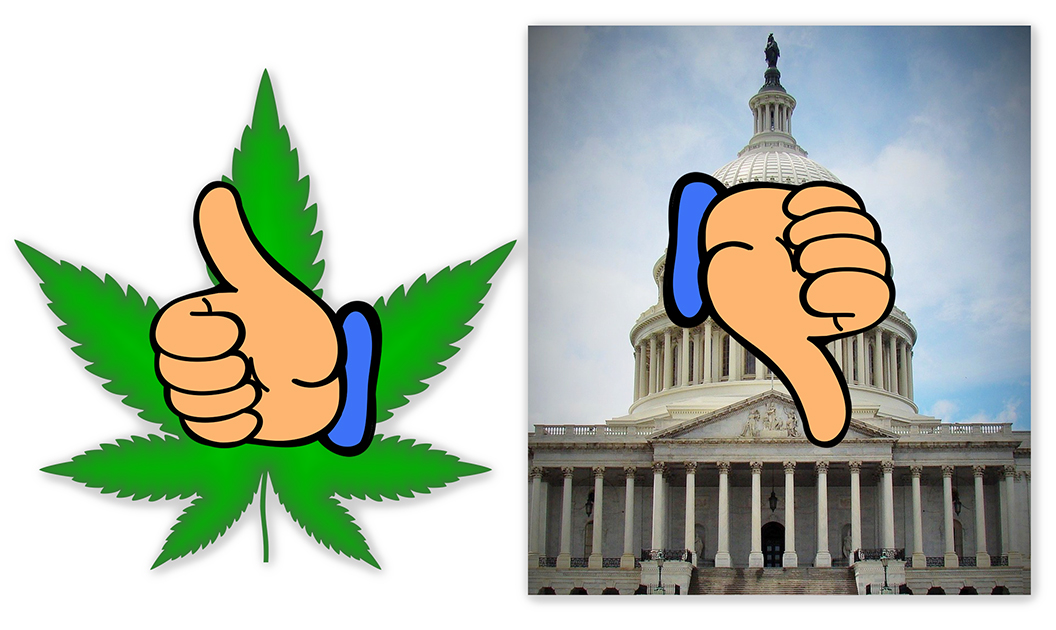We post news and comment on federal criminal justice issues, focused primarily on trial and post-conviction matters, legislative initiatives, and sentencing issues.

SENATE MANEUVERS COULD JEOPARDIZE DRUG LAW REFORM
 With only a handful of legislative days left this year, Senate Majority Leader Chuck Schumer (D-NY) is demanding that the chamber pass the National Defense Authorization Act (NDAA), a federal budget, a debt-ceiling increase, and the Build Back Better Act before Christmas. There’s no room in Santa’s bag for any criminal justice reform with that very ambitious agenda.
With only a handful of legislative days left this year, Senate Majority Leader Chuck Schumer (D-NY) is demanding that the chamber pass the National Defense Authorization Act (NDAA), a federal budget, a debt-ceiling increase, and the Build Back Better Act before Christmas. There’s no room in Santa’s bag for any criminal justice reform with that very ambitious agenda.
Last September, the House of Representatives attached the Secure and Fair Enforcement (SAFE) Banking Act to its version of the NDAA. The SAFE Act would shield national banks from federal criminal prosecution when working with state-licensed marijuana businesses — a potentially significant achievement for the industry. That wasn’t enough to secure its inclusion in the final NDAA, which was intensely negotiated between the two Congressional chambers. But on Tuesday, the final NDAA bill text was released without SAFE Banking Act language.
(The House passed the SAFE Banking Act this past April, as it did in 2019, but it again stalled before making headway in the Senate.)
 Schumer and Booker had already said they want to hold off on the banking measure until Congress passes the more comprehensive reform. Wyden said last week the trio hasn’t shifted from their position. “We’re going to keep talking, but Sen. Schumer, Sen. Booker, and I have agreed that we’ll stay this course,” Wyden said last Monday. “The federal government has got to end this era of reefer madness.”
Schumer and Booker had already said they want to hold off on the banking measure until Congress passes the more comprehensive reform. Wyden said last week the trio hasn’t shifted from their position. “We’re going to keep talking, but Sen. Schumer, Sen. Booker, and I have agreed that we’ll stay this course,” Wyden said last Monday. “The federal government has got to end this era of reefer madness.”
The split over marijuana policy raises the genuine possibility that Congress could again fail to pass any meaningful changes to marijuana law, despite polls showing large majorities of Americans support at least partial legalization of the drug. While the SAFE Banking Act did not directly address the Controlled Substance Act penalty statutes, its passage would have paved the way for sentence reform.
Meanwhile, the EQUAL Act – which would retroactively reduce penalties for crack cocaine – isn’t yet on life support, but it’s not healthy, either. A coalition of Iowa advocacy groups last week urged. Sen Charles Grassley (R-Iowa) and other lawmakers to pass the bill, already overwhelmingly approved by the House.
The ranking Republican on the Senate Judiciary Committee, Grassley has been pushing the First Step Implementation Act and COVID-19 Safer Detention Act. He co-sponsored the 2010 Fair Sentencing Act that reduced the crack-cocaine ratio from 100:1 to 18:1.
 In September, Grassley told reporters he was doubtful eliminating the sentencing disparity would fly in the Senate. “I think there’s a possibility of reducing the 18 to 1 differential we have now,” he said, “but I don’t think one-to-one can pass.”
In September, Grassley told reporters he was doubtful eliminating the sentencing disparity would fly in the Senate. “I think there’s a possibility of reducing the 18 to 1 differential we have now,” he said, “but I don’t think one-to-one can pass.”
Grassley said he was unwilling to push the EQUAL Act if it would sink the criminal justice reform package he and Durbin have been working to pass.
Cannabis Wire, SAFE Banking Scrapped from NDAA Despite Major Push (December 8, 2021)
Wall Street Journal, Will Santa Claus Visit Chuck Schumer? (December 1, 2021)
The Intercept, Marijuana Banking Reform in Defense Bill on the Brink of Collapse as Democrats Split (December 2, 2021)
Quad City Times, Iowans urge Grassley, Senate to pass bill closing drug sentencing disparity (December 3, 2021)
– Thomas L. Root












